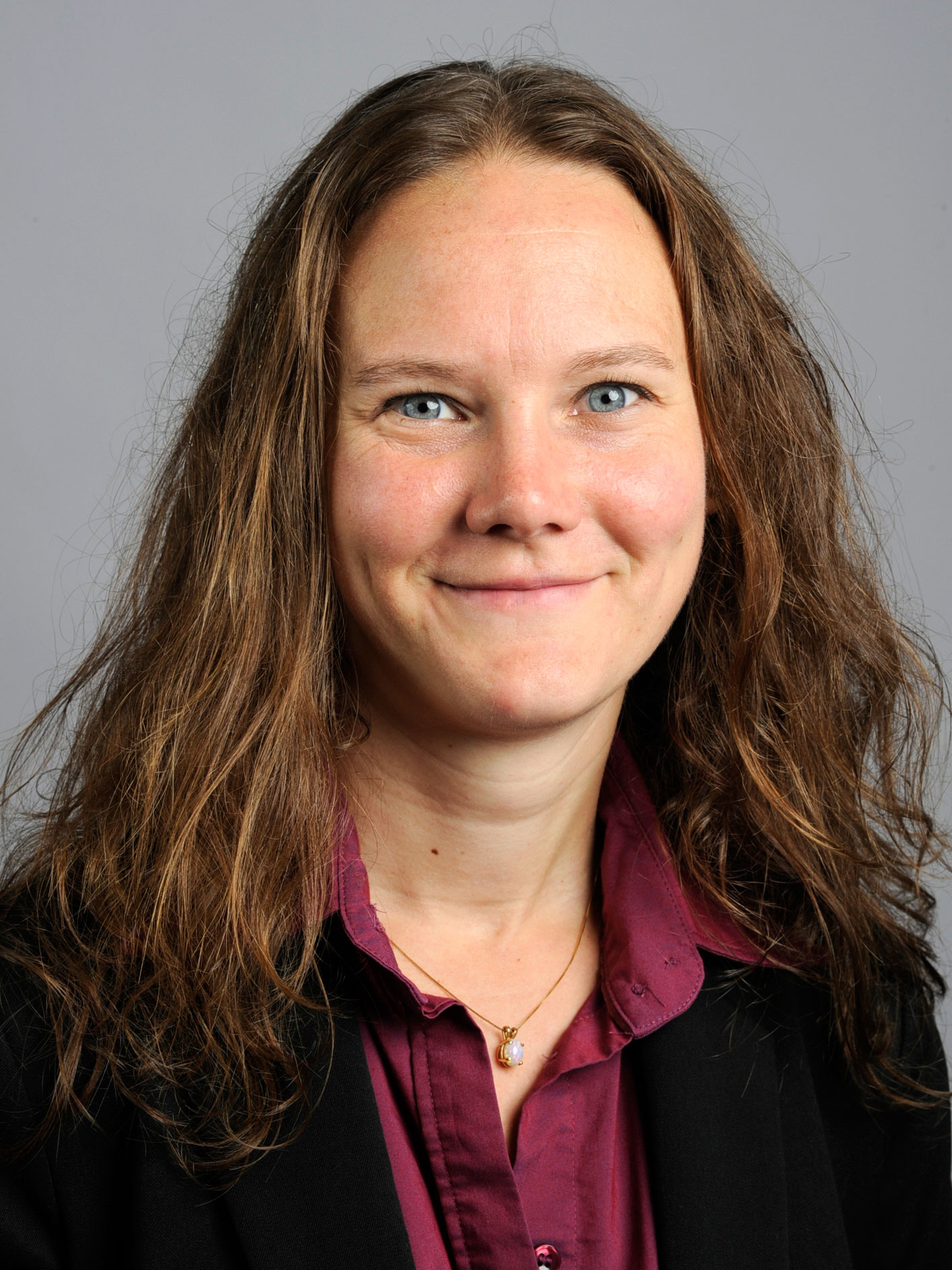Graduate Certificate in Sustainability Engineering
Graduate Certificate in Sustainability Engineering
Overview
The Graduate Certificate in Sustainability Engineering is geared at providing those who have computational literacy but do not have an engineering background with knowledge and skills to collaborate effectively with engineers. The challenges posed in building a sustainable relationship between civilization and the earth system are inherently complex and multidisciplinary. These challenges are expected to demand action from nearly every economic sector in the coming decades. Training a workforce capable of collaborating across interdisciplinary teams is critical, and this requires some foundational familiarity with the methods and vocabulary of other disciplines.
Innovative Curriculum
The Graduate Certificate in Sustainability Engineering will provide non-engineering students with foundational knowledge of sustainability engineering, including sustainability challenges from an engineering perspective, environmental chemistry as a key aspect of sustainability challenges and solutions, engineering tools for understanding and addressing sustainability challenges, and data methods applicable to all of the preceding. Students who complete the certificate will gain technical expertise and an ability to conceive of and participate in multidisciplinary solution development in the area of sustainability.
Completion of the Certificate requires the earning of 16 Semester Hours of courses chosen from four buckets.
Certificates may be pursued in conjunction with a graduate degree, or independently. Students can double count up to four eligible courses for a graduate degree and this graduate certificate.
Academic Advising
For support with academic questions, contact the student services representative assigned to this program.
Admissions & Aid
Ready to take the next step? Review degree requirements to see courses needed to complete this degree. Then, explore ways to fund your education. Finally, review admissions information to see our deadlines and gather the materials you need to Apply.
